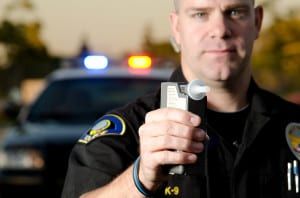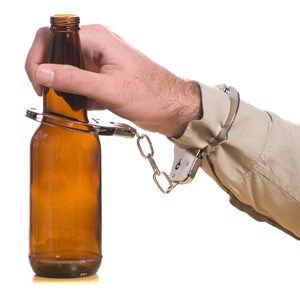 Drinking and driving is a crime in the U.S., with the .08 BAC (blood alcohol concentration) measurement a determination for any pending drunk driving charges. Each state has its own laws and consequences for drunk driving, including different car breathalyzer or ignition interlock requirements that can vary depending on your BAC, any prior drunk driving convictions or other aggravating circumstances. That leaves plenty of room for states to enact all-offender ignition interlock laws that could affect your future, even if you’ve never had a DUI or other drunk driving charge.
Drinking and driving is a crime in the U.S., with the .08 BAC (blood alcohol concentration) measurement a determination for any pending drunk driving charges. Each state has its own laws and consequences for drunk driving, including different car breathalyzer or ignition interlock requirements that can vary depending on your BAC, any prior drunk driving convictions or other aggravating circumstances. That leaves plenty of room for states to enact all-offender ignition interlock laws that could affect your future, even if you’ve never had a DUI or other drunk driving charge.
If your state has passed a stricter ignition interlock law, the impact will vary, depending on your drunk driving offender status:
- If you have prior drunk driving convictions, those will likely be taken into consideration if you are convicted of another charge after the new ignition interlock law is passed.
- If you have a pending drunk driving charge, you will likely face the new restrictions if you are convicted on or after the date of any changes to your state’s ignition interlock law.
- If you have never had a drunk driving charge or conviction prior to the new law, and are then convicted of a DUI or similar charge, you will definitely be ordered to use an ignition interlock under the new guidelines.
When new ignition interlock laws are passed, it is a sign that the devices and programs are keeping drunk drivers off of the streets. The devices are also allowing an offender to remain employed and fulfill household responsibilities, an important part of recovering after a drunk driving incident. Despite the success of the programs and devices, the best thing you can do regardless of your state’s ignition interlock device laws is to not drink and drive. The worry and frustration you save will be worth the inconvenience and hassle of finding a sober ride home.

 A Third Virginia DUI Gets You a Felony, Car Forfeiture and More
A Third Virginia DUI Gets You a Felony, Car Forfeiture and More